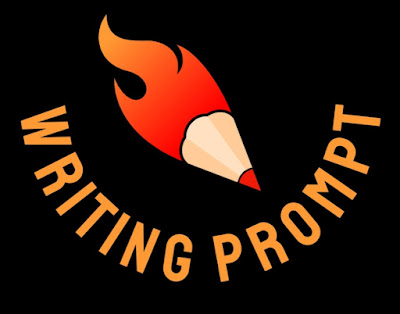Writer's Style: the Writer's Verbal Identity, the Fingerprint, that Sets Them Apart From Other Writers
by Olivia Salter
Style is an essential element of fiction writing that goes beyond the mere conveyance of information. It is the writer's verbal identity, the fingerprint, that sets them apart from other authors. Through the careful selection of words, the arrangement of sentences, and the deliberate use of figures of speech, writers craft a distinctive style that becomes their trademark.
One of the key aspects of a writer's style lies in the choice of words. Every word carries its own connotations and undertones, and authors have the power to select the exact words that align with their intended meaning. Whether it's opting for precise and formal language or employing slang and colloquialisms, the word choices shape the texture and tone of the writing. The way a writer presents their characters, describes a scene, or conveys emotions through words strengthens the connection between the reader and the narrative.
The arrangement of words is another defining characteristic of a writer's style. Sentence structure, rhythm, and pacing all contribute to the overall quality of the prose. Some writers prefer long and complex sentences that allow for detailed descriptions and introspection, whereas others embrace short, punchy sentences to create a sense of urgency or excitement. The skillful arrangement of sentences can reflect the author's personality, creating a unique flow and cadence that becomes synonymous with their work.
Figures of speech, such as metaphors, similes, personification, and imagery, play a significant role in shaping a writer's style. These literary devices add depth and layers of meaning to the narrative, capturing the reader's imagination and creating a vivid experience. By carefully selecting and employing these figures of speech, writers can evoke emotions, create vivid imagery, and enhance the overall impact of their storytelling. The use of metaphors, for instance, can provide a fresh perspective or convey complex ideas in a relatable manner.
Moreover, a writer's style is not limited to the technical aspects of language and structure. It encompasses the way they approach storytelling, their narrative voice, and their unique perspective on the world. It is the lens through which they interpret and present their stories, immersing readers in their creative worlds. A writer's style can be influenced by their background, experiences, and personal beliefs, further enriching the narrative and giving it authenticity.
The importance of a writer's style cannot be overstated. It serves as a powerful tool for self-expression and sets their work apart from others in the literary landscape. Readers often develop a preference for certain authors based on their distinctive style, finding solace in the familiarity of their prose or the beauty of their language. Furthermore, a strong and consistent style builds trust between the writer and the reader, creating a loyal fan base that eagerly awaits each new publication.
In conclusion, style in fiction is the writer's verbal identity. It emerges from the careful selection of words, the arrangement of sentences, and the deliberate use of figures of speech. A writer's style is personal and unique, distinguishing their work from that of all other writers. It is through style that writers leave an indelible mark on the literary world, captivating readers and forging a connection that transcends the mere conveyance of information.








